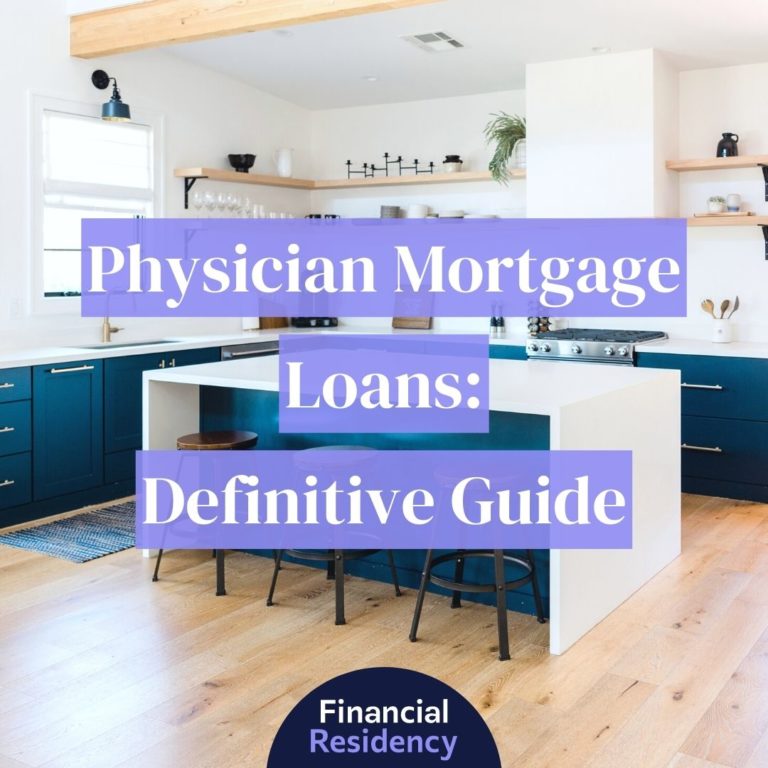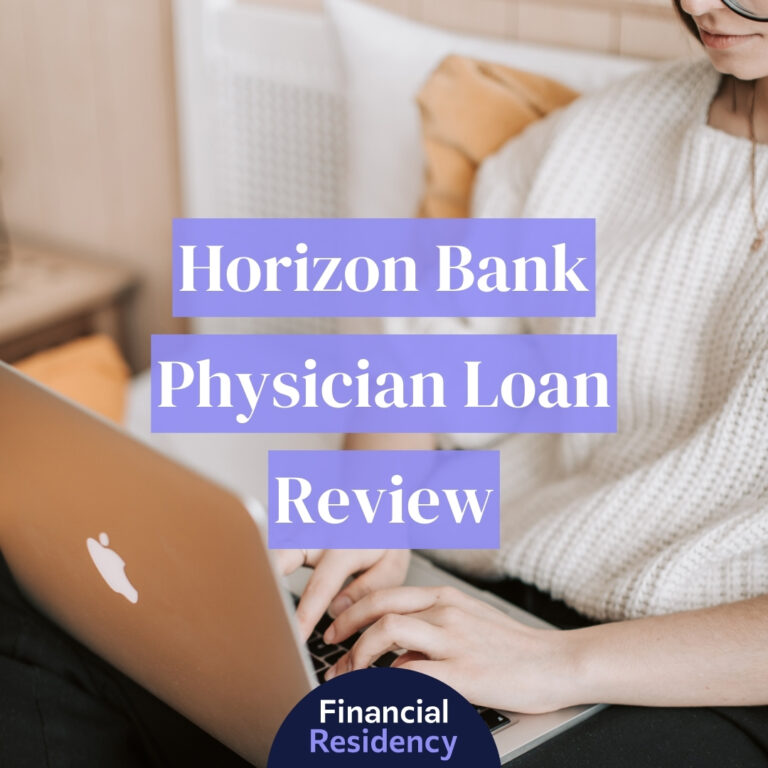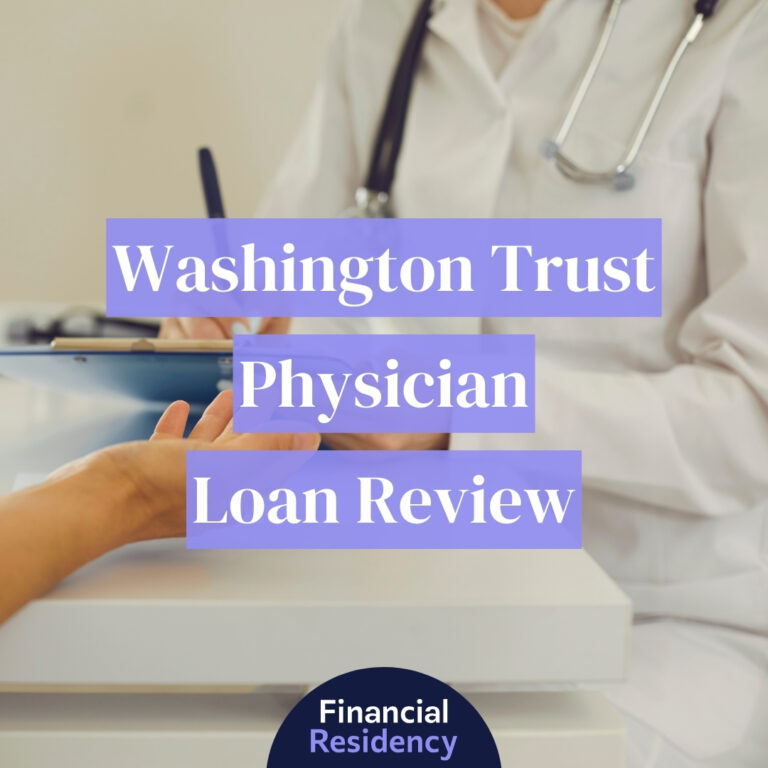Here are a few pointers on whether or not residency is the time to rent or buy a home.
There’s nothing more exciting than matching into a residency program, especially after four years of enduring medical school. Plus, with that new work contract often comes new colleagues, a paycheck for the first time in a long time, and perhaps a new city to live in. This is also the time that many young doctors think about buying their first house too.
With the increasing availability of physician mortgages, it’s easier than ever for medical school graduates to become homeowners. After all, many physician mortgages allow young doctors to buy a house without saving a significant down payment or paying private mortgage insurance. You do need to have a signed work contract in hand as well as a good credit score to secure the best rate, but in many ways, a physician mortgage is relatively simple to obtain for most young doctors.
On the other hand, because of the intense nature of residency and the typical student loan burden doctors face, many graduates wonder if buying a home is a wise financial decision. If this is you and you’re curious whether to rent or to buy in residency, consider the points mentioned below.
Where You Want to Live Long Term
When you’re considering whether or not to rent or buy your home in residency, go beyond the numbers and think about how long your residency program is, where the program is located, and ultimately, where you hope to live long term.
If you are completing residency in an area you want to live in long term, buying a home could be an option to consider. For example, if you are a resident with children who is moving back to your hometown, it could be more beneficial to buy a home rather than rent depending on the market conditions in the area.
If you know for a fact that you don’t want to live where you matched residency, you should carefully weigh your options before buying a home. Both buying and selling a home can be an expensive endeavor due to realtor fees and closing costs, but if you buy the right home in the right area, it could also be a lucrative and worthwhile investment. This is why you should also consider some other points on this list before making your decision.
The Length of Your Residency
One way to make a home purchase worthwhile is to gain enough equity in your home where you at least break even or make a profit when you sell it. This often takes a few years or at least an investment in home improvements to accomplish. So, if you matched into a three year residency program like internal medicine, it might not be enough time to live in a home to gain enough equity in it. Of course, if you happen to be handy and experienced in bathroom renovations, that’s a completely different story. That brings me to my next point below.
The Quality of the Home
If you still want to buy, you should definitely consider the quality of the home you’re considering buying. Remember, residency isn’t a cakewalk for anyone, but there are certain specialties that typically have a worse schedule than others. If you know you will have many on call days, don’t buy a home that needs extensive repairs. You might not have enough time to make them or even manage a renovation project. This is also why many residents rent. Since you won’t spend a lot of time at home, sometimes you just need a safe place to lay your head at night without worrying about coming up with emergency funds to fix your water heater.
The Market Predictions in Your Area
The last thing you really need to research this decision are the market predictions in your area. See how the housing market in your new town fared in the recession and research what the projected growth might be in the future.
If the neighborhoods around your hospital are declining, it’s probably not wise to buy. However, if housing prices are steadily rising or even beating the average growth nationwide, then it might be a good time to buy.
Ultimately, buying a home is an incredibly personal decision, and every young physician is going to have different financial goals. If home ownership is one of your goals, take the time to consider the points mentioned above. However, if you’re risk averse and you want to call a landlord when something breaks, there’s absolutely nothing wrong with renting.
A good next step is to use a rent to buy calculator to help you determine whether renting or buying makes more financial sense for your particular situation. There is really no right or wrong answer that will apply to every doctor, but with enough time and research, you can definitely find which path is right for you.




